From event planning to public relations: Why non-traditional backgrounds are an asset
Tips on how to make the most of your transferable skills
Does your resume look a bit unconventional for the public relations (PR) field? You might be more prepared than you think. Nearly six years ago, I was fresh out of college with a marketing communications degree and a vague aspiration to work in PR, ideally with a global focus. When an event planning role opened up, I took it, eager to start my career. But I couldn’t shake the feeling that I was moving away from my PR goals.
Then, just a few months in, everything changed. The global pandemic forced my company to pivot, and suddenly, I was managing virtual events full-time. That shift gave me the push I needed and I transitioned into a communications manager role at Worldcom PR Group, a global association made up of almost 90 PR agencies worldwide.
It felt like the perfect next step, yet imposter syndrome quickly crept in. I had never worked at a PR agency, so how was I supposed to support top agency leaders? It was intimidating, to say the least.
Fast-forward nearly four years, and I can confidently say everything fell into place. Looking back, I see how my non-traditional background gave me an advantage. Many of the skills I gained in event planning such as budgeting, time management and client relations, became assets in my PR role. And after working with communications professionals around the world, I’ve learned that no two career paths in this field look the same. The reality? Public relations is full of transferable skills, and there’s no single “right” way to enter the industry.
How event planning prepared me for PR
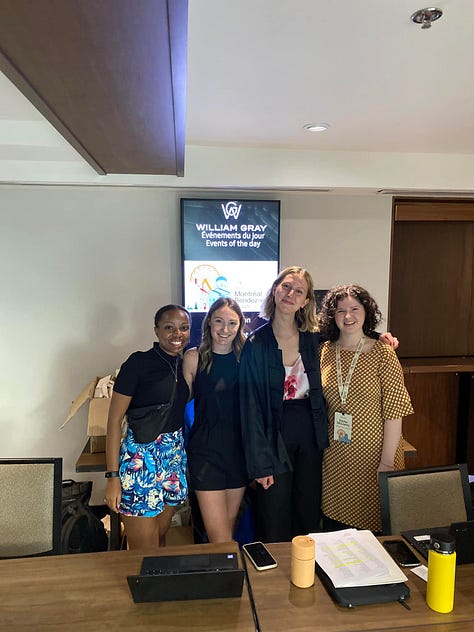
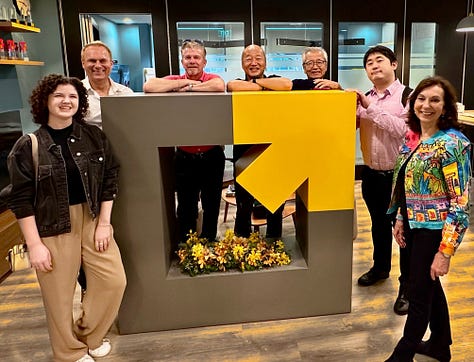
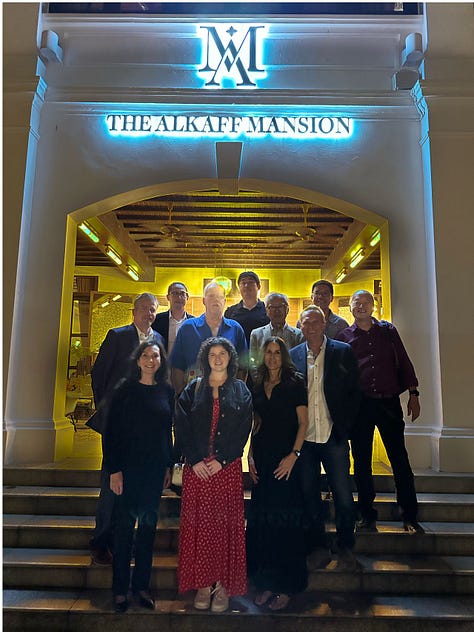
One of the most directly applicable skills I carried over was event planning itself, which remains a big part of my role. Overseeing an event from start to finish involves everything from scouting locations and reviewing hotel contracts, to menu planning and event promotion. On-site, I manage tasks like troubleshooting audio-visual issues and finalizing room set-ups. Because of this experience, I was able to take ownership of event planning tasks in my current role early on, which would typically require more time and knowledge.
But beyond logistics, event planning taught me:
Crisis management: When you’re managing live events, things will go wrong: vendors cancel, tech fails, or speakers fall through. Learning how to pivot in real time, problem-solve under pressure, and stay composed has been invaluable in PR, where adaptability is key.
Project and budget management: In event planning, I juggled multiple requests, managed tight timelines, and balanced priorities. Public relations operates at a similar fast pace, making these organizational skills just as essential. Budgeting, in particular, has helped me oversee event costs and assess spending strategically.
People management and client relations: Working with diverse clients, each with different priorities and communication styles, helped me develop flexibility and diplomacy. Now that I work with agencies in 40+ countries, having the ability to adjust my approach, lead with empathy, and navigate cultural differences is crucial.
The unexpected skills that proved useful
Interestingly, some of the most valuable lessons came from experiences outside my formal career. My time waitressing in college, for example, was an underrated but significant learning experience. If there’s one job that teaches you to adapt, multitask, and read social cues under pressure, it’s working in the service industry. Those same skills— staying calm, managing multiple demands, and adjusting communication based on the situation—have been extremely relevant in PR.
The takeaway: Your background is an asset
When I first transitioned into PR, I worried that not starting in an agency would put me at a disadvantage. I now know that couldn’t be further from the truth. My unconventional background gave me strengths that have helped me navigate the PR field in ways I didn’t anticipate.
For anyone starting their career in PR, or considering a shift, trust that your existing skills are more applicable than they might seem. Communications is a dynamic field with endless opportunities, and there’s no one-size-fits-all path. Whatever your background, it brings a unique perspective that allows you to approach challenges in ways others might not.
Lean into what you already know, stay open to learning, and don’t underestimate the power of transferable skills. They just might be your biggest advantage.
I’d love to hear from you! Share your thoughts, ideas, or questions in the comments below and join the conversation.
Follow the Emerging Leader on Instagram @theemergingleader_ to stay in the loop!
Meet Emma
Emma McLiverty is the Communications Manager at Worldcom Public Relations Group, a global association of independent public relations agencies. In her role she manages Worldcom’s social media channels and plans and executes events both in the U.S. and globally. She is a member of the Institute of Public Relation’s NEXT group, a membership community for emerging leaders. Emma graduated from Ithaca College with a B.S. in Integrated Marketing Communications and currently lives in Brooklyn, NY.



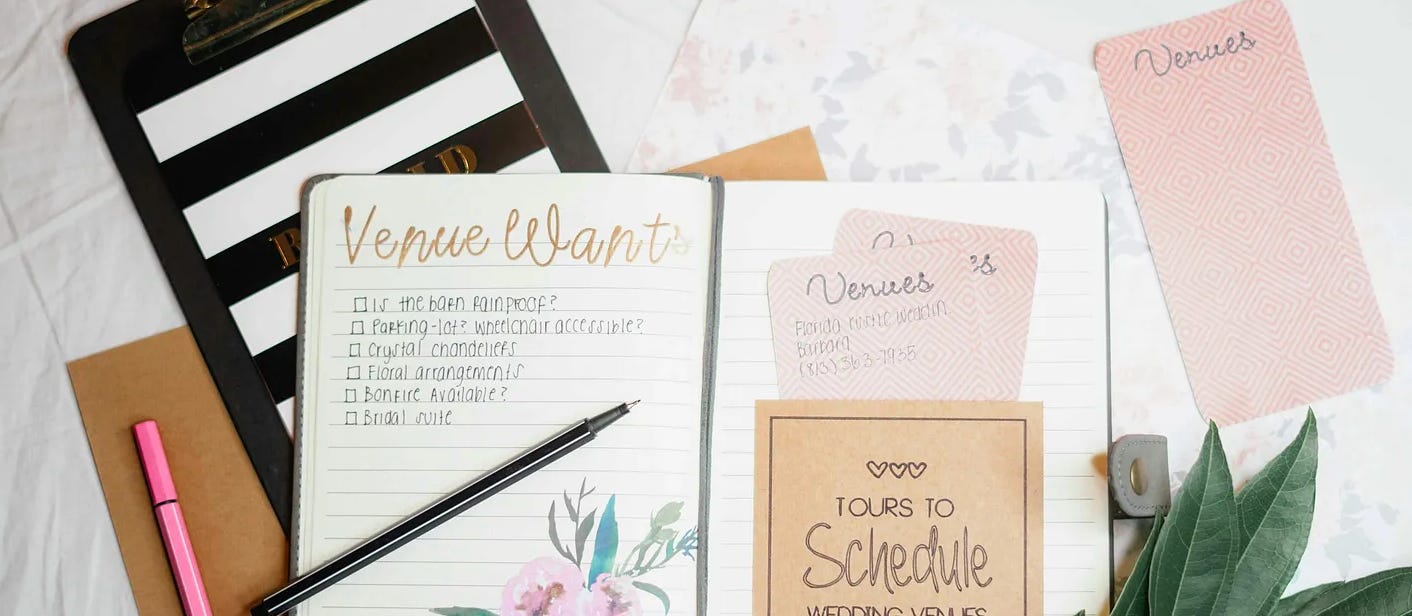
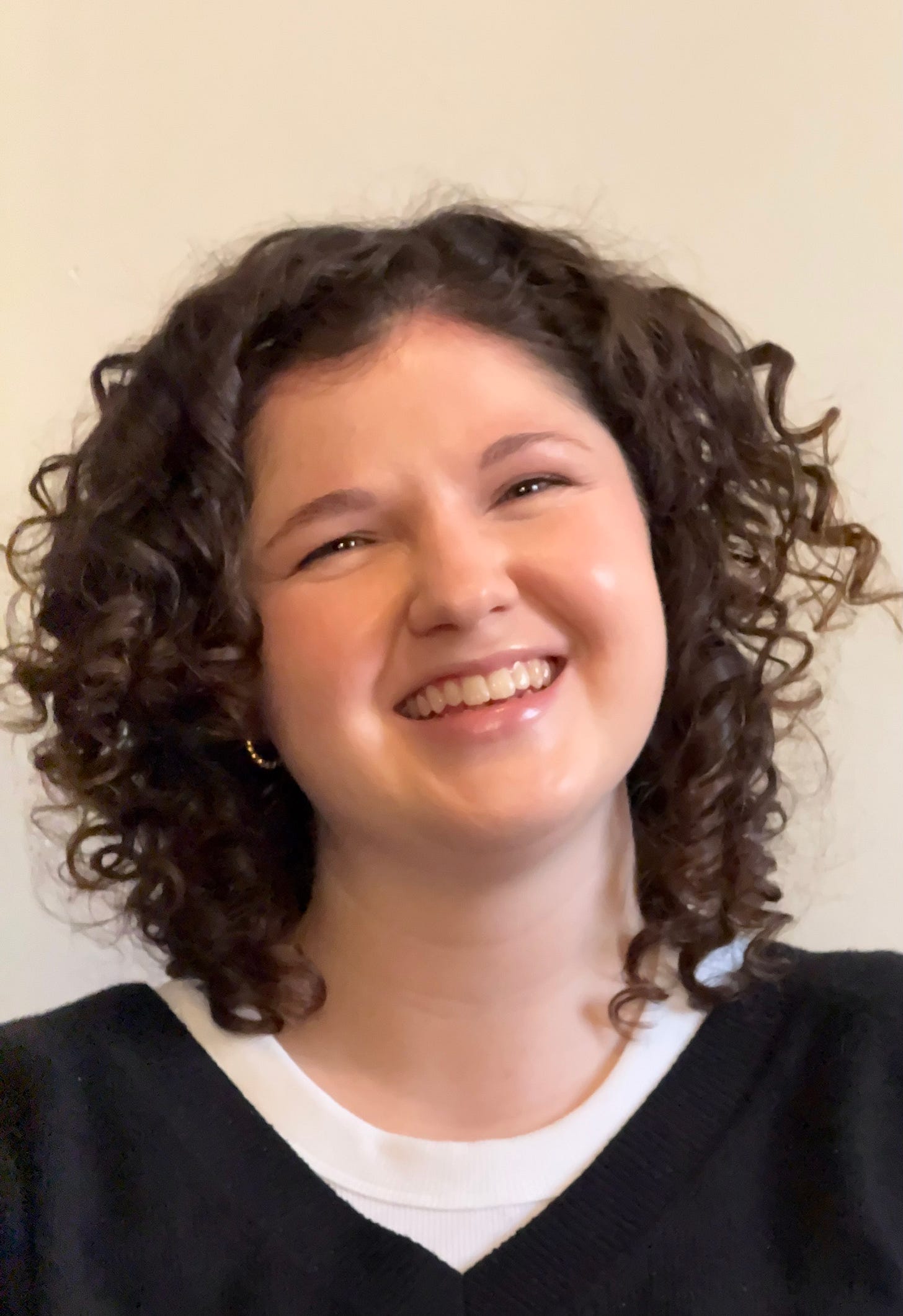

Totally agree with the idea that an unconventional background provides strengths. All the experience you have can work for you benefit! Great post Emma!